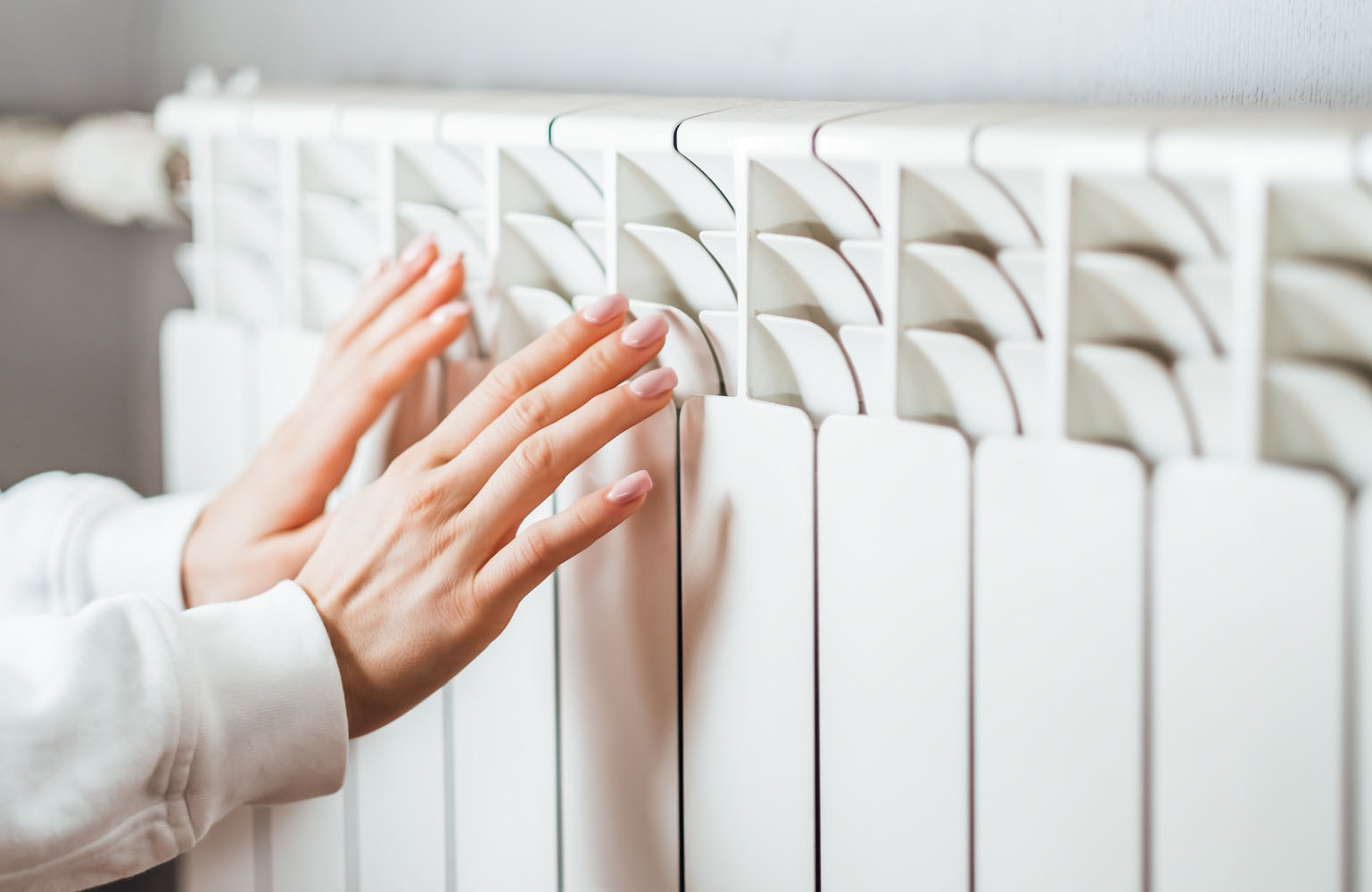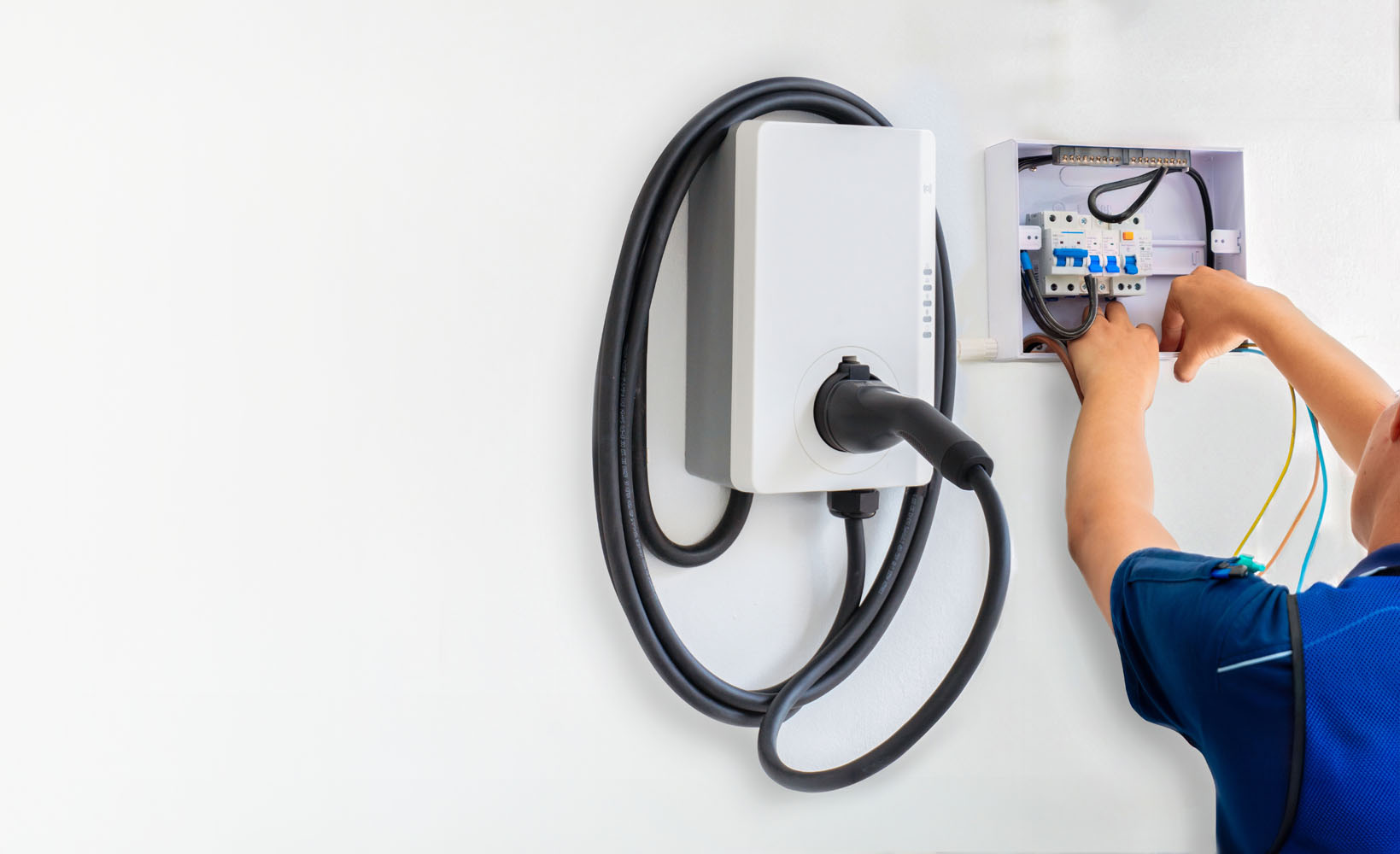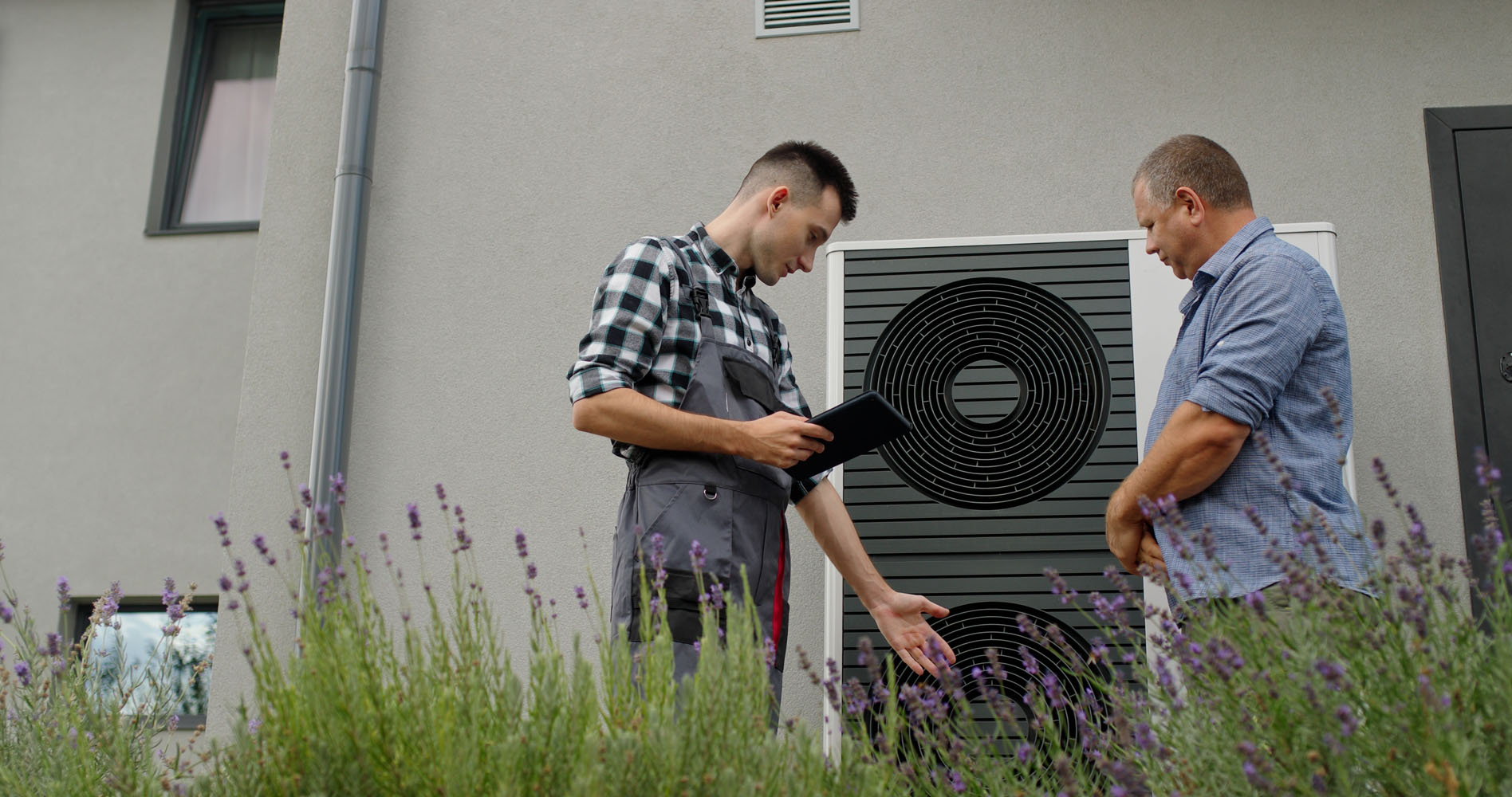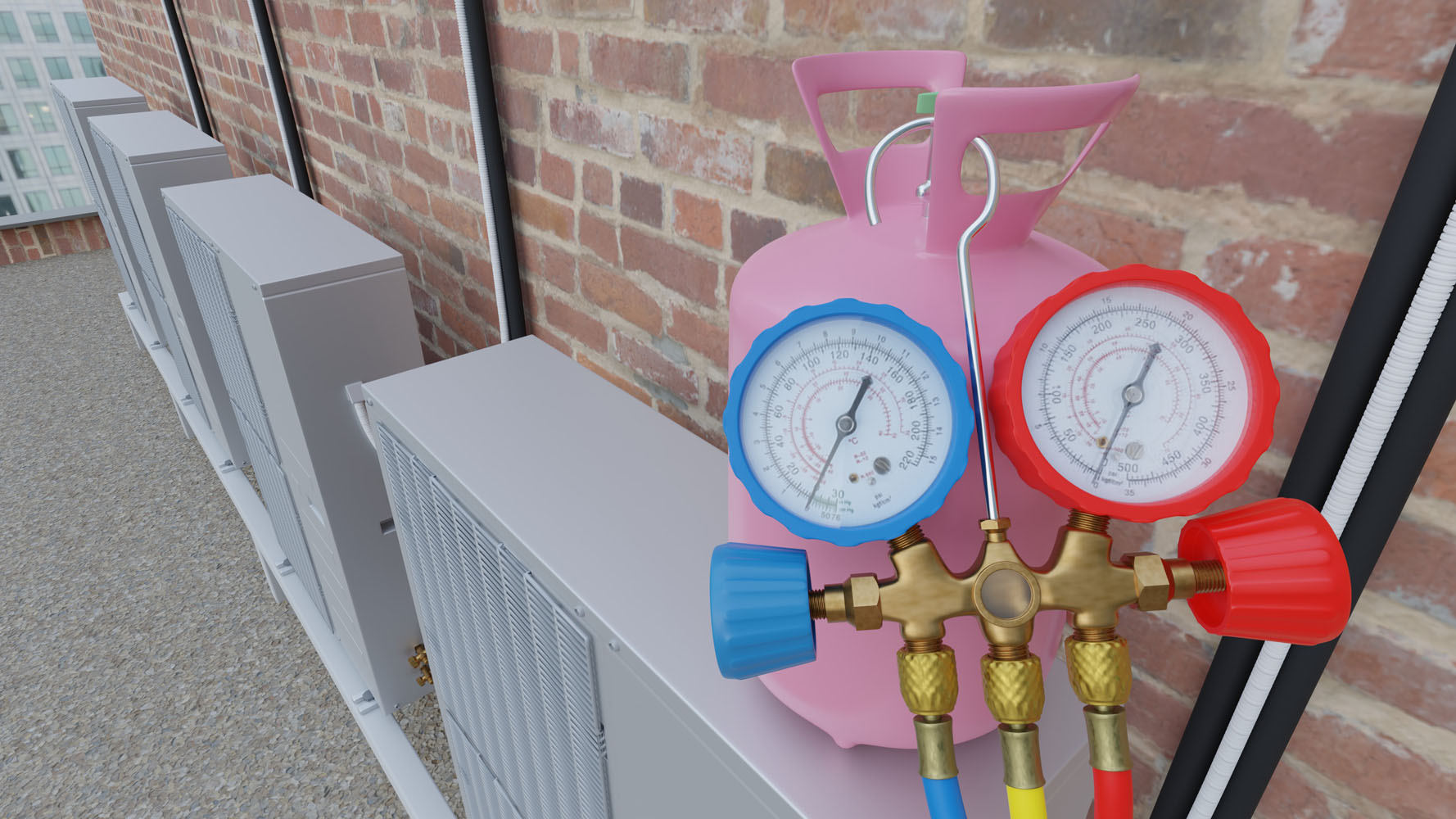When it comes to home heating, efficiency is one of the most important factors to consider. Both gas and electric heating systems are popular options in Victoria, but which one is more efficient? The answer depends on several factors, including energy usage, cost, and environmental impact. In this article, we’ll dive into the pros and cons of gas and electric heating systems, focusing on their efficiency to help you make an informed decision for your home.
1. Understanding Efficiency: What Does It Mean?
Efficiency refers to how well a heating system converts energy into heat without wasting energy. The more efficient the system, the less energy it needs to provide the same level of comfort. Both gas and electric systems have varying levels of efficiency, and their overall performance can be affected by the home’s insulation, the climate, and the type of system installed.
2. Efficiency of Gas Heating Systems
Gas heating has been the traditional choice in many Victorian homes, especially for central and ducted heating systems. Here’s how it stacks up in terms of efficiency:
- Natural gas heaters generally convert around 70% to 90% of the energy in gas into heat. High-efficiency gas systems can reach efficiency levels of up to 95%.
- Ducted gas heating systems lose some heat through the ductwork, particularly if ducts are not insulated, reducing the system’s overall efficiency.
While gas heating can provide strong heat output, its efficiency is dependent on the system’s age and design. Older gas systems tend to be less efficient and may waste more energy.
Pros of gas heating:
- High heat output.
- Effective for larger homes with multiple rooms.
- Consistent heating in colder climates.
Cons of gas heating:
- Less energy-efficient in older systems.
- Loss of heat through ductwork.
- Dependent on natural gas supply, a non-renewable resource.
3. Efficiency of Electric Heating Systems
Electric heating systems, especially heat pumps, are becoming more popular as technology advances. These systems can provide highly efficient heating, often surpassing the efficiency of gas systems.
- Heat pumps can achieve efficiencies of up to 300-400% because they transfer heat rather than generate it. For every unit of electricity used, they can produce three to four units of heat.
- Electric radiators and panel heaters typically have a lower efficiency rating, around 100%, meaning all the energy used is converted to heat but no more.
The standout performer is the reverse-cycle air conditioner, or heat pump, which offers highly efficient heating even in colder temperatures.
Pros of electric heating:
- Extremely efficient, especially heat pumps.
- Can be powered by renewable energy like solar panels.
- No emissions at the point of use.
Cons of electric heating:
- Lower heat output compared to gas systems in some models.
- Higher running costs if electricity rates are high and solar is not available.
4. Comparing Gas and Electric Efficiency
When comparing efficiency, electric heat pumps are generally the clear winner due to their ability to transfer heat rather than generate it, making them 300-400% efficient. Traditional gas heating systems, while effective, don’t reach these efficiency levels, often maxing out at around 90% efficiency. For homes that rely on renewable energy like solar power, electric systems provide an even greener option with virtually zero emissions.
Conclusion
If you’re looking for the most efficient heating system, electric heat pumps are the way to go. They are more energy-efficient than gas heaters, especially when paired with solar energy. However, gas systems still provide reliable, high-output heating for larger homes, making them a good option in certain scenarios. Ultimately, your choice should depend on your home’s size, climate, energy costs, and your sustainability goals.







